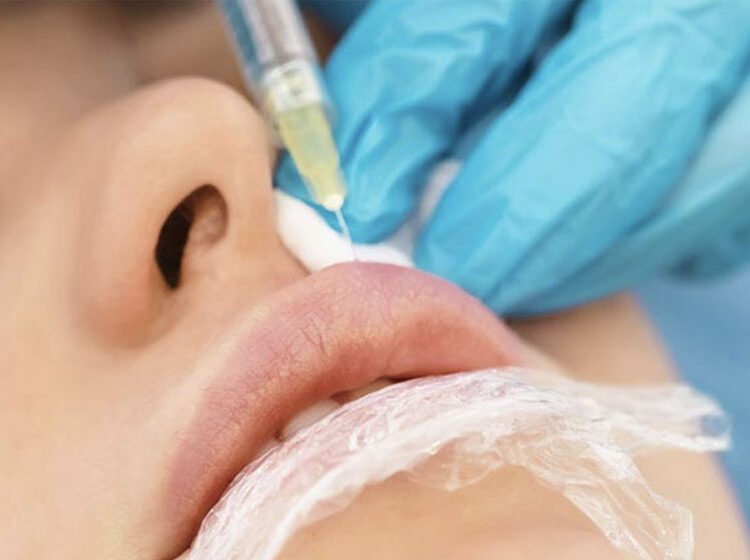In a noteworthy stride towards enhancing reproductive health access, George Washington University (GWU) has installed a vending machine that dispenses emergency contraception pills, colloquially known as morning-after pills. This initiative, fueled by a student-led effort, stands as a testament to the university’s commitment to promoting reproductive rights and ensuring the well-being of its student community.
Empowering Convenience
The vending machine, strategically placed in the basement of one of GWU’s student centers, echoes a desire to offer students a discreet and convenient option for acquiring emergency contraception pills. Spearheaded by GWU’s Student Association, the initiative’s goal is to eliminate barriers to obtaining these pills. Apart from emergency contraception, the machine also provides tampons and Advil, further enhancing its utility for students.
This endeavor positions GWU as the 32nd university to adopt such a vending machine, according to Kelly Cleland, Executive Director of the American Society for Emergency Contraception. Cleland emphasizes that initiatives like this play a pivotal role in reducing obstacles to accessing reproductive health care.
The Significance of Emergency Contraception
Emergency contraception holds immense importance in the spectrum of reproductive health care. The ability to prevent pregnancy shortly after unprotected sex is an integral component of reproductive well-being. Particularly at a time when abortion rights face restrictions across the country, easy access to emergency contraception stands as a beacon of reproductive autonomy.
Recent clarification by the FDA regarding the working mechanism of emergency contraceptive pills, such as Plan B, underscores their role in preventing fertilized eggs from implanting in the womb. Rather than causing abortions, these pills primarily prevent or delay the release of eggs from the ovaries.
Addressing Accessibility Challenges
The installation of the vending machine gained prominence following the overturning of Roe v. Wade, a milestone Supreme Court decision granting constitutional protection to abortion rights. Neharika Rao, a sophomore instrumental in driving the vending machine initiative, highlights the importance of addressing the challenges posed by limited operating hours at the university’s student health center and the deterrent cost of obtaining pills from off-campus pharmacies.
Rao and Aiza Saeed, a senior, initiated the project with a comprehensive survey involving around 1,500 students. The overwhelming support received reinforced their determination to establish the vending machine.
Breaking Stigmas and Encouraging Dialogue
Rao underscores a key aspect of the initiative’s vision: defeating stigma around contraception and reproductive rights. By offering a discreet and accessible solution, the vending machine encourages open conversations and dismantles barriers that hinder reproductive health care access. As Rao succinctly states, the primary goal is to make emergency contraception more affordable and accessible to all.
Navigating Challenges
The initiative comes at a time when discussions about reproductive rights remain contentious. Anti-abortion activists have often sought to limit access to contraception, including emergency contraception. With the overturning of Roe v. Wade, concerns about heightened efforts to impede access to reproductive health care arise.
Amidst these challenges, advocates like Cleland emphasize the importance of remaining vigilant and addressing barriers to reproductive health. History has seen attempts to restrict access to emergency contraception through various means, making the establishment of vending machines and consistent pharmacy stocking vital in safeguarding reproductive rights.
Future Prospects
Cleland envisions a future where pharmacies consistently stock emergency contraception pills and where vending machines become a norm in various community spaces, ensuring access to all. Similarly, GWU’s focus remains on expanding the initiative and making emergency contraception more affordable through grant applications.
The installation of the emergency contraception vending machine at GWU is not just a remarkable stride towards reproductive health care; it’s a testament to the power of advocacy, resilience, and the unwavering commitment to empowering individuals to take charge of their reproductive choices.






